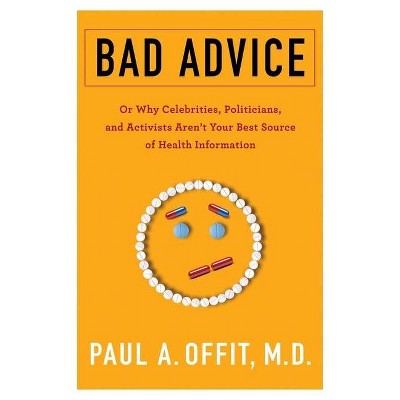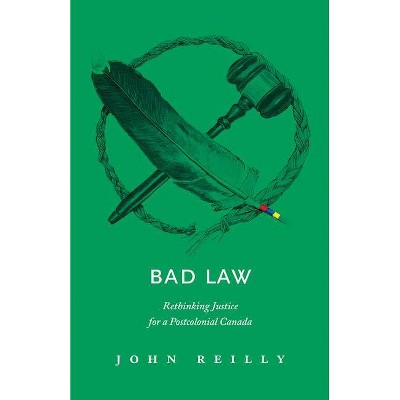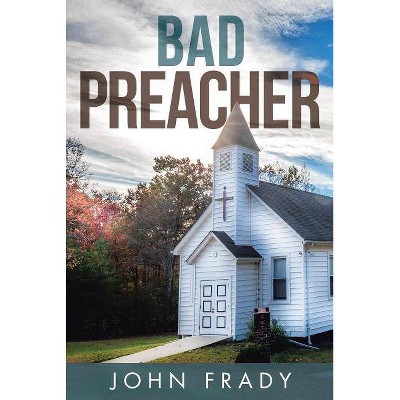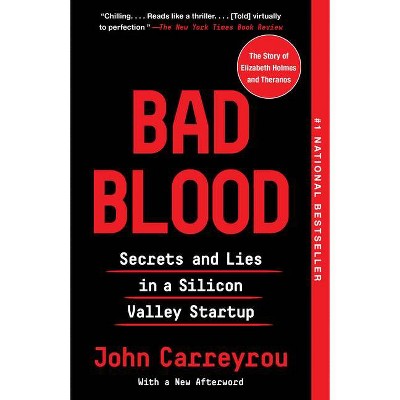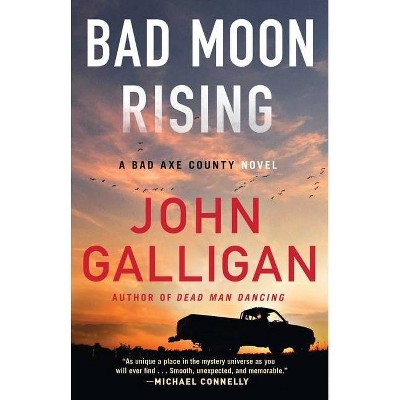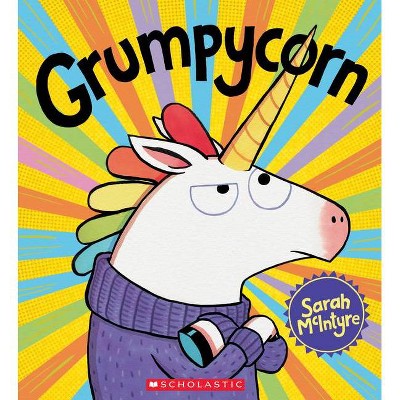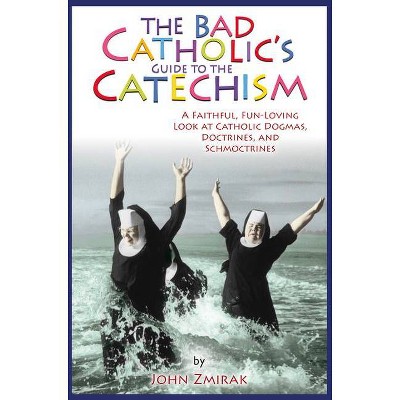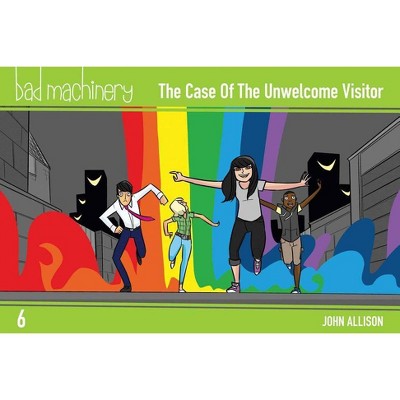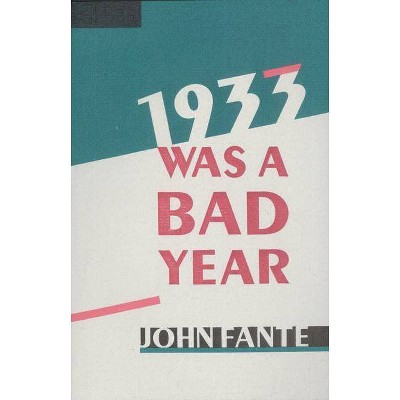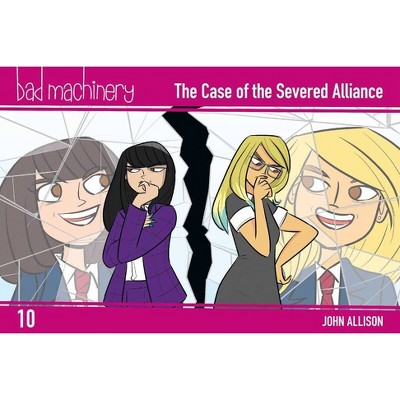Bad Advice - by John E McIntyre (Paperback)
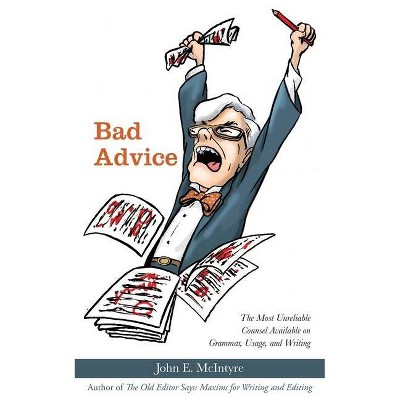
Similar Products
Products of same category from the store
AllProduct info
<p/><br></br><p><b> About the Book </b></p></br></br>Many of the things that you are getting wrong in writing are not your fault: you have been badly advised. You have been subjected to bizarre diktats from supposed authorities. I have kept my advice succinct. If you need further explanation on any point, look me up. If you want to argue with me, you can try.<p/><br></br><p><b> Book Synopsis </b></p></br></br><p><strong>In Britain the monarch is never wrong. Whenever the sovereign drops a brick in public, a functionary turns up at Buckingham Palace to explain that Her/His Majesty "was badly advised."</strong></p><p>In the same way, many of the things that you are getting wrong in writing are not your fault: you have been badly advised. You have been taught superstitions about English that have no foundation in the language. You have been hobbled with oversimplifications. You have been subjected to bizarre diktats from supposed authorities.</p><p>Much of it was well-intentioned. Grammarians of the seventeenth and eighteenth centuries lacking an established English grammar had to invent one. They turned to Latin, which had prestige and an established grammar they had been taught in schools, and they tried to adapt English to it. But Latin is a very different kind of language, and it was a bad fit.</p><p>Others have sought to tidy up the language by inventing and enforcing distinctions and prohibitions, seldom helpfully. (Look at the <em>over/more than</em> entry.)</p><p>We have wound up with what the linguist Arnold Zwicky has termed "zombie rules" absurd rules that have no foundation in the language and which have been repeatedly exploded by linguists and better-informed grammarians, but which roam classrooms and editorial offices like the undead.</p><p>As Henry Hitchings summed the situation up in <em>The Language Wars</em>, "The history of prescriptions about English ... is in part a history of bogus rules, superstitions, half-baked logic, groaningly unhelpful lists, baffling abstract statements, false classifications, contemptuous insiderism and educational malfeasance."</p><p>Likewise, advice on writing in general is marred by oversimplifications, half-heard advice, and idiosyncratic preferences--sometimes bizarre--passed off as professionalism.</p><p>Your teachers, editors, mentors, and supervisors have a lot to answer for.</p><p>And you have much to unlearn. Look inside and see.</p><p>I have kept the advice succinct. If you need further explanation on any point, look me up. If you want to argue with me, you can try.</p><p/><br></br><p><b> Review Quotes </b></p></br></br><br><p>"This is charming and smart (one of my favorite combinations) and, to be sure, extraordinarily useful." --Benjamin Dreyer, author of <em>Dreyer's English</em></p><p>"A wise and helpful book." --Mignon Fogarty (Grammar Girl)</p><p>"The world of writing advice is riddled with bogus rules, misunderstanding, and pseudo-expertise. John McIntyre's concise and witty book sets the record straight using evidence, experience, and sound judgment." --Stan Carey, writer and blogger at Sentence first and Macmillan Dictionary Blog</p><p>"Grammar pedants confirm the adage that little knowledge is a dangerous thing. Happily for us, John McIntyre has a lot of knowledge about the English language and its uses. In <em>Bad Advice</em>, McIntyre excoriates the simplistic, outdated and just plain wrong "rules" that have long haunted English writing. Listen to him, rather than the ghosts of English teachers past, and your writing will be all the better for it." -- Lynne Murphy, author of <em>The Prodigal Tongue</em></p><p>"John McIntyre has written a guide that feels like a grammatical Innocence Project for guilty writers. This legendary copy editor takes a fresh look at the evidence presented by language purists and finds it wanting. After reading him, I was moved to stare at myself in the bathroom mirror. Someone yelled, 'Not guilty!' It was me. Free at last." -- Roy Peter Clark, author of <em>Writing Tools: 50 Essential Strategies for Every Writer</em> and <em>The Glamour of Grammar </em></p><br>
Price History
Price Archive shows prices from various stores, lets you see history and find the cheapest. There is no actual sale on the website. For all support, inquiry and suggestion messagescommunication@pricearchive.us
